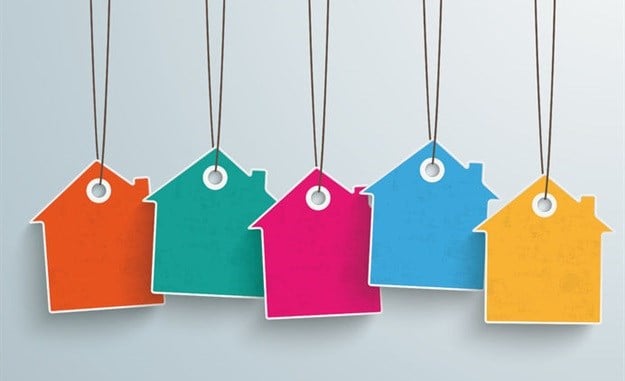Marketing & Media trends
Industry trends
BizTrends Sponsors
Trending
#BizTrends2017: Outlook "mixed" for SA's residential property market

Metros to experience rising demand
In overview, the metros – and especially Cape Town – will continue to experience rising housing demand, driven by the search for education and employment, by the longer-term trend towards urbanisation and, in some instances, semigration to a city that is perceived to be better managed and/or offers a higher quality of life than others. Smaller towns and rural areas, on the other hand, can generally expect housing demand and price growth to decline – except those located close to a new infrastructure project, those linked to an increase in the global demand for certain commodities (such as rare earths), or those that are sought-after for a specific reason such as retirement.
As it is, prices in Cape Town are rising by around 10% a year on the back of persistent demand, while those in other metros are keeping pace with inflation at around 6% annual growth and are expected to perform even better as inflation declines over the next 12 months. Prices in most rural towns will most likely experience real-term declines over the next 12 to 24 months.
GDP expected to rise
Expectations are that although the CPI will end 2016 at 6.3%, which is outside the Reserve Bank’s target range, it will slowly retreat next year to around 5.5% in 2017 and further good news is that economic growth (GDP) is expected to rise from 0.4% to 1.3% next year. While hardly stellar, this will be positive for property because it will bring about increased employment and improved consumer confidence. If properly managed, the R988bn allocated to state spending on energy and water projects, transport infrastructure and housing over the next three years will also assist in creating many new jobs – and potential homebuyers.
We are not expecting any interest rate increases in 2017 as the Reserve Bank continues to focus less on inflation and more on stimulating economic growth in its efforts, with Treasury, to stave off a downgrade to junk status by the ratings agencies, and then to encourage more foreign and local investment. This means that home loan rates will also not rise, and that consumers should find it easier to qualify for new loans and to afford the monthly instalments as their salaries rise.
Relief for household budgets
Food price inflation may also moderate next year as the rains brought by the La Nina weather pattern alleviates the drought, and that will relieve some of the current strain on household budgets, especially in the lower income groups. Unfortunately, however, salary increases in 2017 are expected to be muted and many South Africans are going to have to shoulder a heavier tax burden in 2017 as government looks for an additional R43bn in revenue by the end of 2018.
We expect this to have a negative impact on first-time homebuying and the expansion of SA’s residential market. The reverse of that coin, however, is that the prospects for buy-to-let investors will improve, especially in the CBDs and inner-city suburbs that are increasingly favoured by newly urbanised young people.
Trend towards downsizing
Meanwhile, although repeat buying and second-home buying will be bolstered by the equity that existing homeowners have built up in their properties and are able to use to reduce the monthly bond repayments on their next homes or investments, we expect rising property rates and utility charges to significantly boost the trend towards downsizing.
This will of course make certain areas within the metros themselves more popular than others and more likely to experience sustained price growth. It will also, we believe, give major impetus to the development of upmarket cluster or sectional title developments where affluent residents share the cost of land, luxury amenities and high-tech security provisions.











